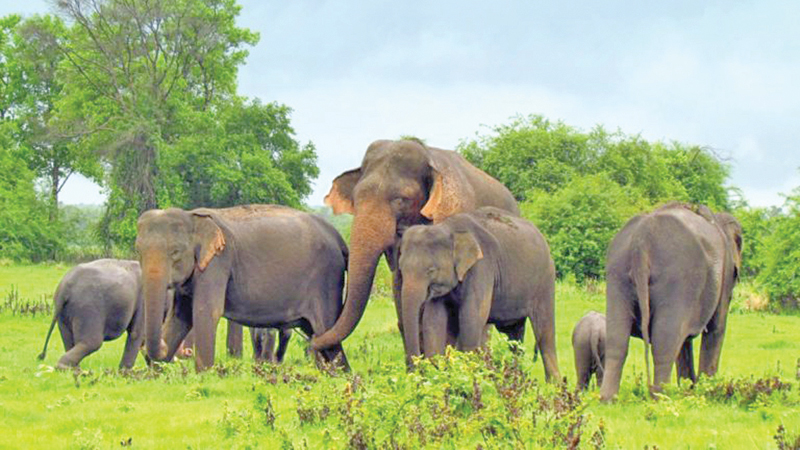Commending Sri Lanka’s efforts towards biodiversity conservation and meeting the Sustainable Development Goals (SDGs) at the National Sustainable Tourism Certification awards in Colombo last week, UNDP Resident Representative Azusa Kubota stressed the need to accelerate nature-based investments and consider nature as an economic capital.
She said that global investments should increase by US$ 1.5 trillion annually and for Sri Lanka it means needing financing equivalent to 12.5% of the GDP annually till 2030.
While emphasising the need for more nature-based investments Kubota said that such investments should not be merely to fulfill obligations for the environment but as a strategic economic decision.
Sri Lanka has been working towards achieving the Sustainable Development Goals by 2030, with a focus on an “Inclusive Transformation towards a Sustainably Developed Nation for All”. The country’s approach integrates the 2030 Agenda and SDGs into national policies and plans, including the National Policy Framework and the Public Investment Program.
The Sustainable Development Goals also known as the Global Goals, are a universal call to action adopted by the United Nations in 2015 to end poverty, protect the planet, and ensure peace and prosperity for all by 2030.
They consist of 17 interconnected goals with 169 specific targets, addressing a broad range of social, economic, and environmental challenges. These goals are designed to be a “blueprint to achieve a better and more sustainable future for all”.
However, Sri Lanka has been grappling with the issue how to harmonise nature and development.
The narrative in Sri Lanka on human coexistence with nature has been heartbreaking as the threat to animals whose presence have enriched the country’s biodiversity for years.
According to statistics around 236 elephants have been killed as of June 15 this year and around 4,000 had died during the past 14 years most of which is not due to natural death but brutality towards the majestic animals.
Despite several measures being proposed to minimise elephant deaths due to train collisions the number of deaths continue to rise leaving the authorities baffled.
Accusations about Wildlife authorities not disciplined enough to be the custodians of the natural heritage has stifled measures to prevent deaths of animals and destruction to wildlife.
Reports suggest that Sri Lanka’s wildlife authorities face challenges in maintaining discipline and effectiveness, particularly regarding wildlife crime investigations and enforcement. Issues include a lack of resources, inadequate training, and instances of corruption or political interference, leading to insufficient protection for wildlife and protected areas.









